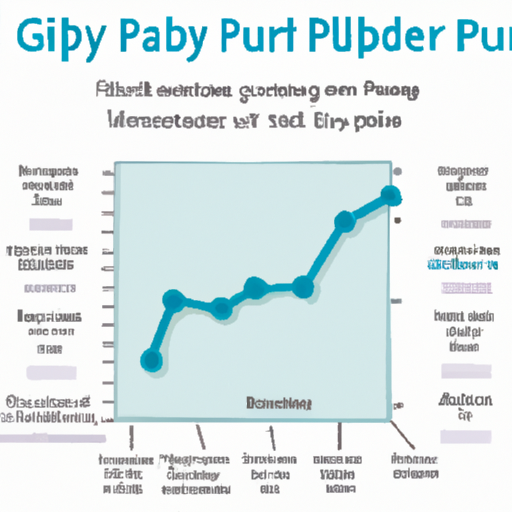Introduction
As a caregiver to a fluffy, furry friend, you’re probably familiar with how rewarding it is to watch your puppy grow. However, you might also be wondering about the changes they’re experiencing week by week. In this guide, we’ll walk you through each stage of your puppy’s growth, so you can know what to expect and how best to care for them.
Week 1 – The Neonatal Stage
During the first week, puppies are entirely dependent on their mother. At this stage:
- Their eyes and ears are closed.
- They spend 90% of their day sleeping.
As a caregiver, keep in mind that:
- There’s not much for you to do except to ensure the mother dog is comfortable and well-fed.
- Keep the puppies in a warm environment, as they cannot regulate their body temperature yet.
Week 2 – The Transitional Stage
In the second week, puppies start to show some exciting changes:
- Their eyes open and they begin to respond to light and movement.
- Their ears start to open and they begin to hear.
As a caregiver, you can:
- Start handling the puppies gently to get them used to human touch.
- Watch for any signs of infection around the puppies’ eyes and ears.
Week 3 – The Awareness Stage
At week three, the puppies start to become aware of their surroundings. They will:
- Start to walk a little and wag their tails.
- Begin to recognize their mother, siblings, and you.
Caregivers should:
- Start introducing soft food.
- Begin introducing new sounds and environments for them to explore.
Week 4 – The Canine Socialization Stage
Week four is a crucial stage for social development. Puppies will:
- Start playing with their siblings.
- Begin learning from their mother about canine social behavior.
As a caregiver, you should:
- Continue introducing new people, environments, and experiences.
- Start house training.
Week 5 – The Human Socialization Stage
This is the best time to bond with your puppy. They will:
- Become more independent.
- Start learning basic commands.
Caregivers should:
- Begin to engage in short training sessions.
- Ensure the puppy is getting plenty of playtime and socialization with people.
Week 6 to 8 – The Fear Impact Stage
During these weeks, puppies may show signs of fear. They will:
- Start teething.
- May show hesitation towards new experiences.
As a caregiver, you need to:
- Provide chew toys for teething.
- Continue gentle, positive exposure to new people and environments.
Week 8 to 12 – The Seniority Classification Stage
This is the stage where a puppy starts to understand their place in the pack. They will:
- Start to test boundaries and show assertiveness.
- Continue teething.
As a caregiver:
- Be consistent with training and boundaries.
- Continue providing chew toys and begin formal obedience training.
The FAQ Section
Q1. At what age do puppies start to walk?
Puppies generally start to walk around the third week.
Q2. When do puppies start teething?
Puppies usually start teething around the sixth week.
Q3. When should I start house training my puppy?
It’s best to start house training your puppy around the fourth week.
Q4. When should I start socializing my puppy with other dogs?
You can start socializing your puppy with other dogs around the fourth week, but ensure they are vaccinated first.
With this guide, you’re now equipped to understand and navigate your puppy’s journey from a newborn to a young dog. Remember, every puppy is unique and may not strictly follow this timeline. Enjoy the rewarding process of watching your little bundle of joy grow into a mature dog, and cherish every moment.



